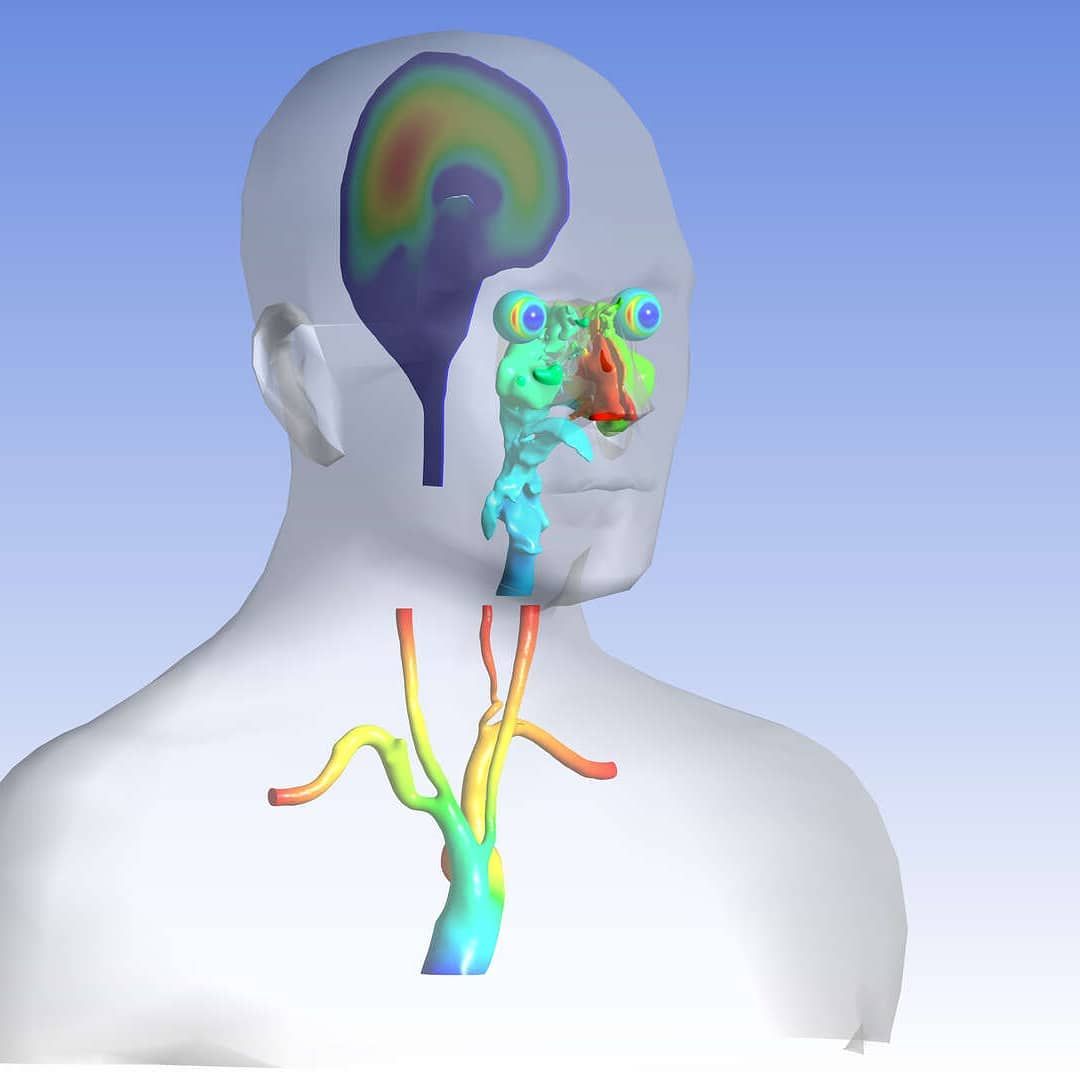
To study the mind is not the same as to experience it. We can scan brain activity, trace neural pathways, and measure electrical signals, but these methods do not capture what it feels like to live inside a mind. The difference between the data and the lived moment is what makes consciousness such a persistent mystery.
One of the most striking features of consciousness is how complete it feels from the inside. Experience presents itself as a whole, not as a series of separate events firing in the brain. Yet from the outside, we can only describe the mechanics, never the sensation itself. This gap between objective and subjective perspectives has driven much of the debate.
Some see the gap as temporary, a problem that will shrink as neuroscience advances. Others think it marks a fundamental limit to what science can explain. The question is not only how the brain produces behaviour, but why that behaviour comes with awareness at all. If the brain could perform every function without a flicker of conscious feeling, why is there feeling in the first place?
This is why consciousness remains an open philosophical problem. It sits at the intersection of biology, psychology, and metaphysics, resisting a single clear answer. The challenge is to account for experience without reducing it to something less than it is, while also avoiding the temptation to treat it as beyond all understanding.
Whether future explanations come from new scientific discoveries or new ways of thinking, the puzzle of consciousness keeps philosophy in close conversation with the sciences. To ask what it is like to be aware is also to ask what kind of beings we are, and what sort of world can contain such beings. That makes it not just a question about the mind, but a question about reality itself.
Main image: Detail from Movement in Squares, 1961, by Bridget Riley